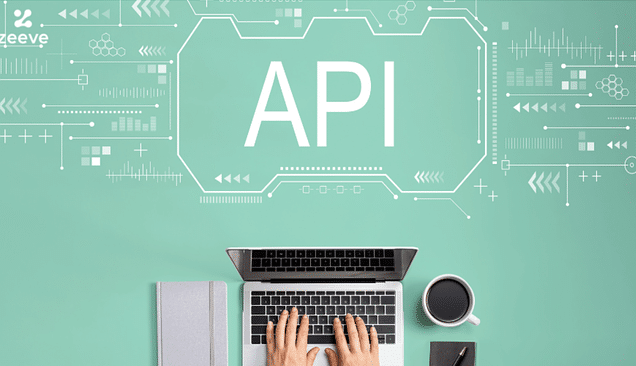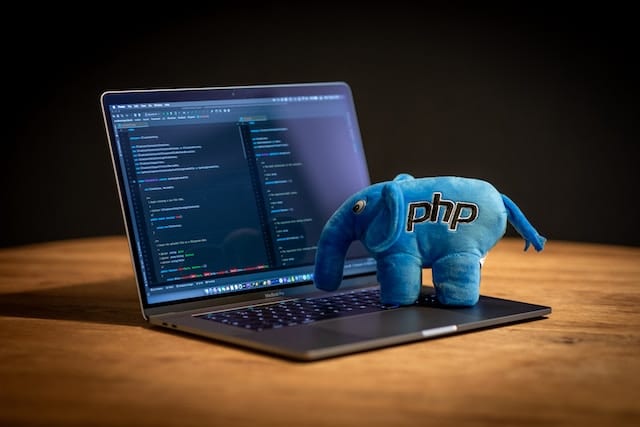In today’s interconnected digital landscape, the role of APIs (Application Programming Interfaces) in enabling seamless integration and data exchange cannot be overstated. PHP programmers, armed with their expertise in server-side scripting, play a pivotal role in harnessing the power of APIs to drive efficient communication between different software systems, applications, and services.
This article delves into the fascinating world of APIs and how PHP programmers are at the forefront of creating, implementing, and optimizing these essential tools for modern software development.
Understanding APIs: The Building Blocks of Integration
At its core, an API serves as a bridge that allows one software application to interact with another. APIs define a set of rules and protocols for communication, enabling developers to request and exchange data or functionality from external sources. This integration is particularly valuable as it enables developers to leverage pre-existing services, databases, or platforms without reinventing the wheel.
For PHP programmers, APIs offer a means to expand the capabilities of their applications without having to delve deeply into the intricacies of every underlying system. PHP’s flexibility and versatility make it an ideal language for seamlessly connecting different software components, making it a go-to choice for API integration.
Creating APIs with PHP: Unleashing Data Access and Functionality
PHP programmers play a vital role in both consuming and creating APIs. When it comes to creating APIs, PHP provides a robust environment for designing interfaces that expose specific functionalities or data to external applications. This process involves defining endpoints, establishing data formats (often JSON or XML), and ensuring proper authentication and authorization mechanisms.
In the realm of data exchange, PHP programmers leverage their skills to craft APIs that allow applications to interact with databases, retrieve and manipulate data, and perform complex operations. By using PHP’s array of database connectors and libraries, programmers can create APIs that act as intermediaries, ensuring secure and controlled access to valuable information. So, when considering php programmer hire, anticipate professionals adept at crafting APIs that facilitate seamless data exchange, enabling applications to interact with databases, manipulate data, and execute intricate operations securely through PHP’s rich array of database connectors and libraries.

A Case Study: Integrating Payment Gateways with PHP APIs
To illustrate the practical significance of PHP programmers in API integration, let’s delve into a real-world scenario: integrating payment gateways into an e-commerce platform.
When an online shopper makes a purchase, the e-commerce website needs to securely process the payment. This is where APIs come into play. Payment gateways, such as PayPal or Stripe, offer APIs that allow developers to facilitate secure transactions. PHP programmers play a crucial role in seamlessly connecting the e-commerce platform’s checkout process with the payment gateway’s API.
In this scenario, a PHP programmer would:
- Utilize PHP to create API calls that securely transmit payment details from the website to the payment gateway.
- Receive and process the response from the payment gateway’s API, confirming whether the transaction was successful.
- Update the e-commerce database and provide appropriate feedback to the user based on the payment status.
This process highlights the role of PHP programmers as orchestrators of data exchange, ensuring that sensitive payment information is transmitted securely and seamlessly between the e-commerce platform and the payment gateway.
Optimizing API Performance: The PHP Advantage
Efficient API integration goes beyond mere functionality; it also involves optimizing performance to ensure timely and reliable data exchange. PHP programmers bring their expertise to the table by implementing strategies that enhance API performance.
Caching: PHP programmers often employ caching mechanisms to store API responses temporarily. This reduces the need for repeated API calls, improving response times and alleviating server load.
Asynchronous Processing: PHP offers support for asynchronous programming, allowing programmers to handle multiple API requests simultaneously without blocking the execution of other tasks. This leads to enhanced efficiency and responsiveness.
Error Handling: Robust error handling mechanisms in PHP ensure that if an API call fails, the application can gracefully handle the situation, preventing disruptions and providing meaningful feedback to users.
Conclusion
The world of APIs is a dynamic ecosystem that underpins modern software development, enabling seamless integration and data exchange across diverse platforms and applications. PHP programmers are at the forefront of driving this integration, utilizing their skills to create, implement, and optimize APIs that empower software systems to communicate effectively. From crafting API endpoints to securely transmitting sensitive data, PHP programmers play a crucial role in shaping the digital landscape of interconnected software solutions. As technology continues to evolve, their expertise remains essential in ensuring that APIs remain the cornerstone of efficient and collaborative software development.














Leave a Reply